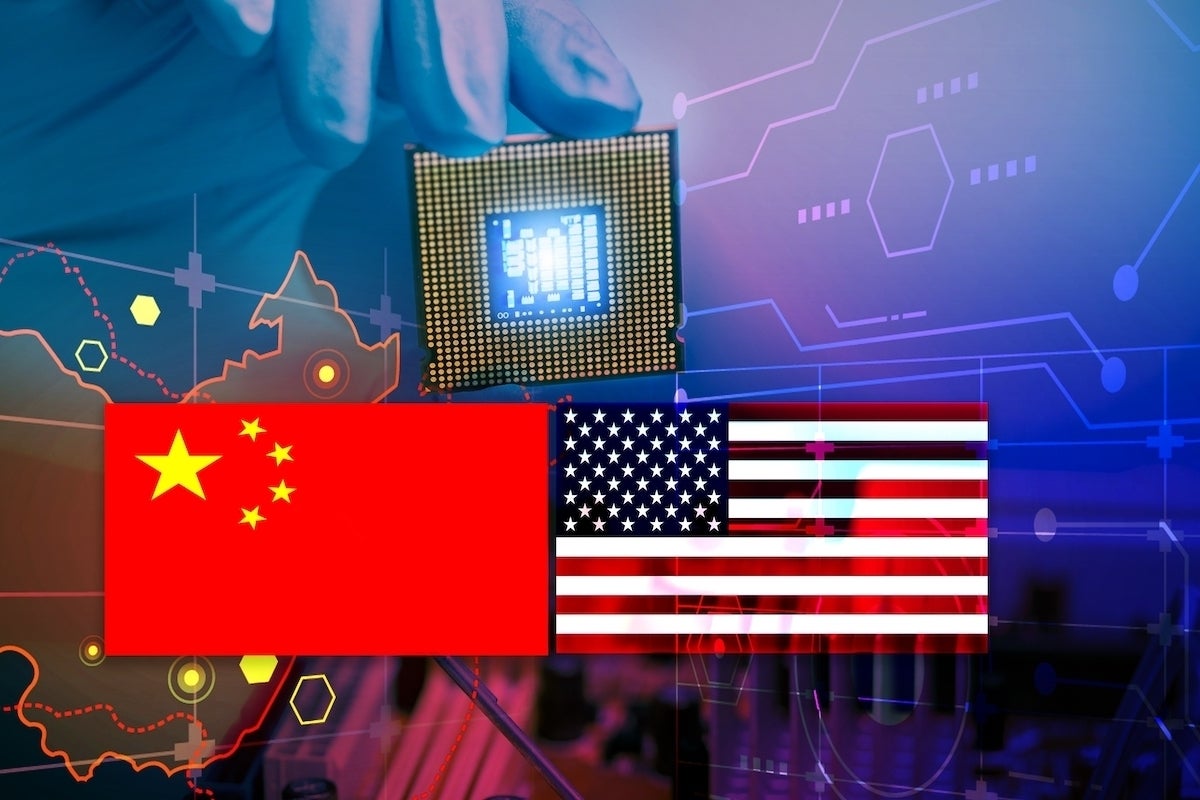Intel’s Tower Semiconductor acquisition fails, as China withholds OK

Intel’s planned $5.4 billion acquisition of Israel-based Tower Semiconductor has fallen apart, as China reportedly failed to approve the deal in time to meet a deadline agreed upon by the two companies for the deal to close.
Intel said in a statement late Tuesday said that the two companies mutually agreed to terminate the deal “due to the inability to obtain in a timely manner the regulatory approvals required under the merger agreement.” The company added that it will pay an agreed-upon termination fee of $353 million to Tower.
The failed deal can be seen as a victim of the ongoing tech trade war between the US and China. Neither Intel nor Tower identified China as the regulatory holdout. But both companies have facilities in the country, which retains the right to approve mergers and acquisitions of companies that generate revenue from affiliates within its borders, and multiple media reports note that Intel has let it be understood that regulatory approval was extended by authorities except for Chinese regulators.
The deal, which was first announced in February 2022, saw its timeline extended at least two times before Intel decided to walk away from it.
The Tower acquisition, according to Intel, was part of its Integrated Device Manufacturing (IDM) 2.0 strategy, aimed at garnering more share of the foundry services market.
Intel had planned to take advantage of Tower’s expertise in radio frequency (RF), power, silicon-germanium (SiGe) and industrial sensor technologies, as well as its extensive IP and electronic design automation (EDA) partnerships.
The acquisition would also have provided Intel access to Tower’s established foundry footprint across high-growth markets such as mobile, electric vehicles, and power.
However, Intel CEO Pat Gelsinger said that the termination of the deal wouldn’t affect the company’s IDM 2.0 roadmap and strategy.
“We are executing well on our roadmap to regain transistor performance and power performance leadership by 2025, building momentum with customers and the broader ecosystem and investing to deliver the geographically diverse and resilient manufacturing footprint the world needs,” Gelsinger said in the statement.
Deal fails amid US-China trade war
The failed deal comes amidst the escalating trade war between US and China, which under US President Joe Biden has focused on the semiconductor sector. Just last week, US President Joe Biden ratcheted up the technology trade war by issuing an executive order that will restrict investment in several sectors in China, including semiconductors and AI.
Biden’s order comes after a series of moves by the US to restrict China’s access to advanced chips.
The US first imposed restrictions on exports of chips to China in 2015, extending them in 2021 and twice in 2022. The most recent restrictions were introduced in December last year.
US lawmakers have also been urging the Biden administration to take more action to impede China’s progress in gaining dominance in areas such as artificial intelligence and quantum computing.
In January, the US convinced the Netherlands and Japan to join it in expanding the ban on exports of chip-making technology to China.
According to analysts, Washington’s strategy to strike a deal with the two countries was a significant move, as some of the world’s largest manufacturers of semiconductor manufacturing equipment are headquartered in these nations.
The deal was followed by Beijing’s ban on the use of semiconductors manufactured by US-based chipmaker Micron, followed by Japanese restrictions on chip exports to China.
China has urged Japan to repeal the restrictions, citing international and trade regulations violations.
Meanwhile, Beijing has imposed restrictions on the import of gallium and germanium — two metals needed for manufacturing semiconductors.
Copyright © 2023 IDG Communications, Inc.

